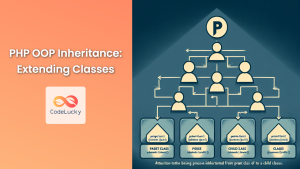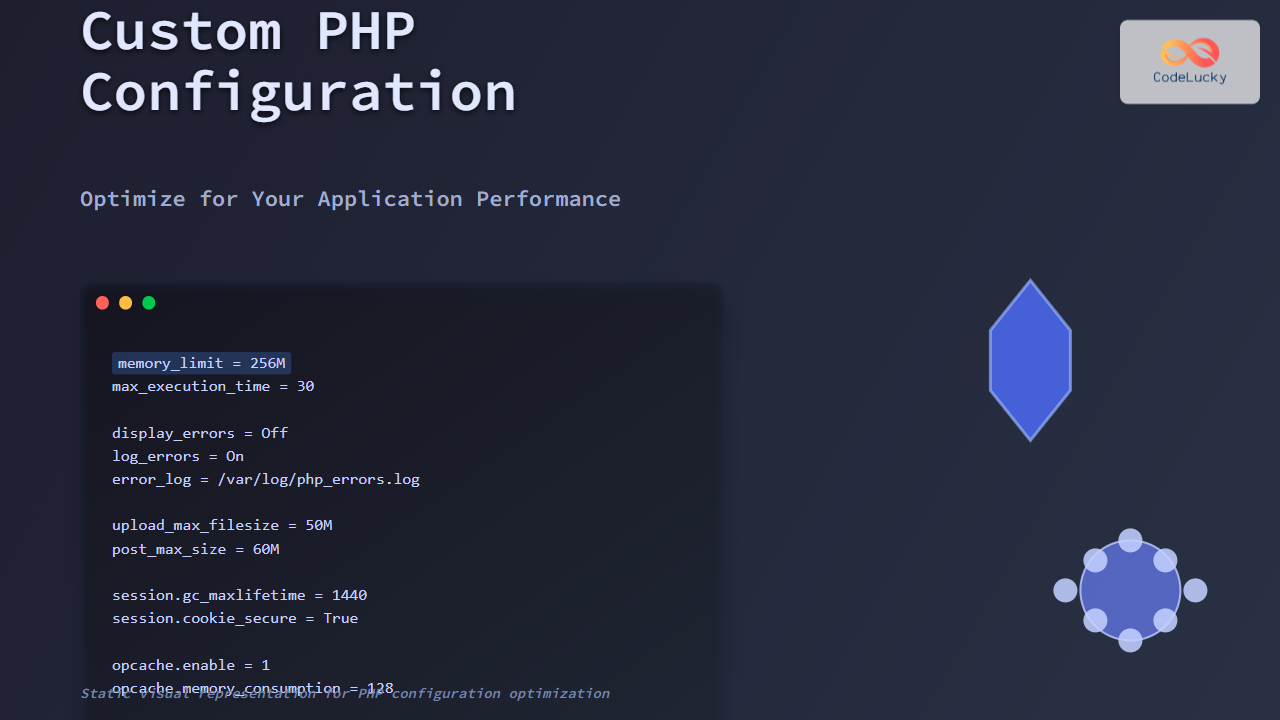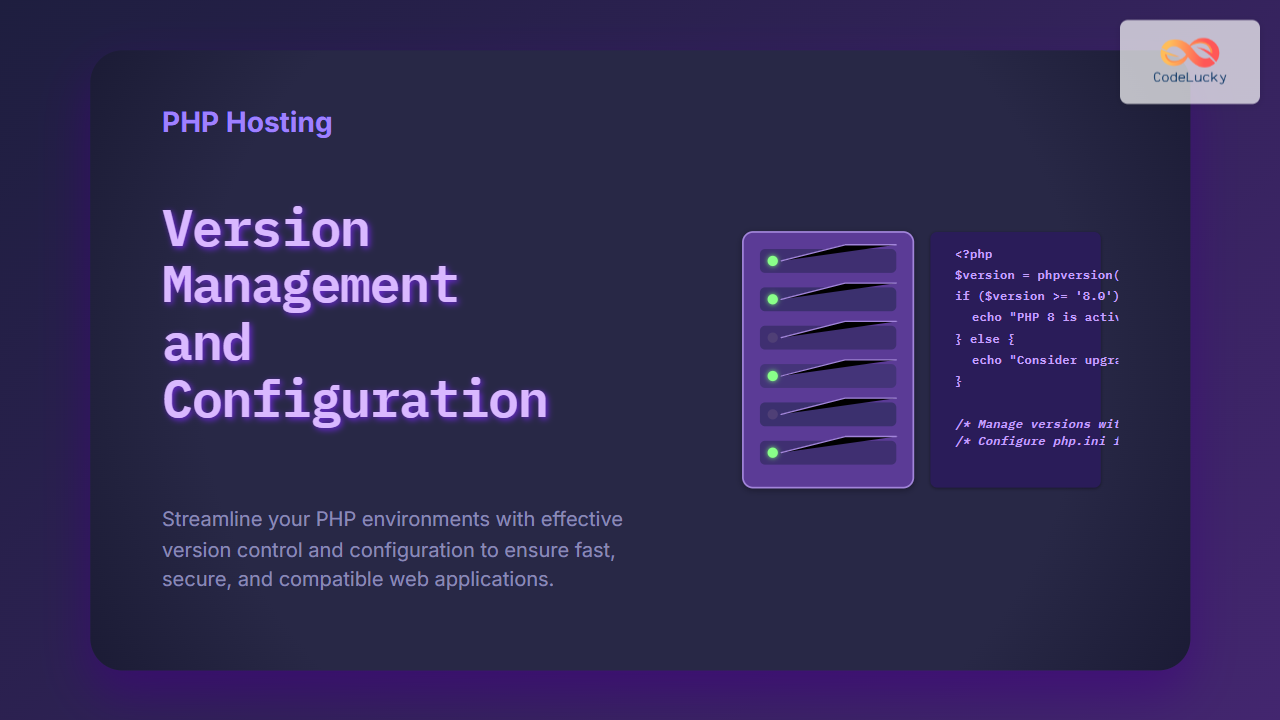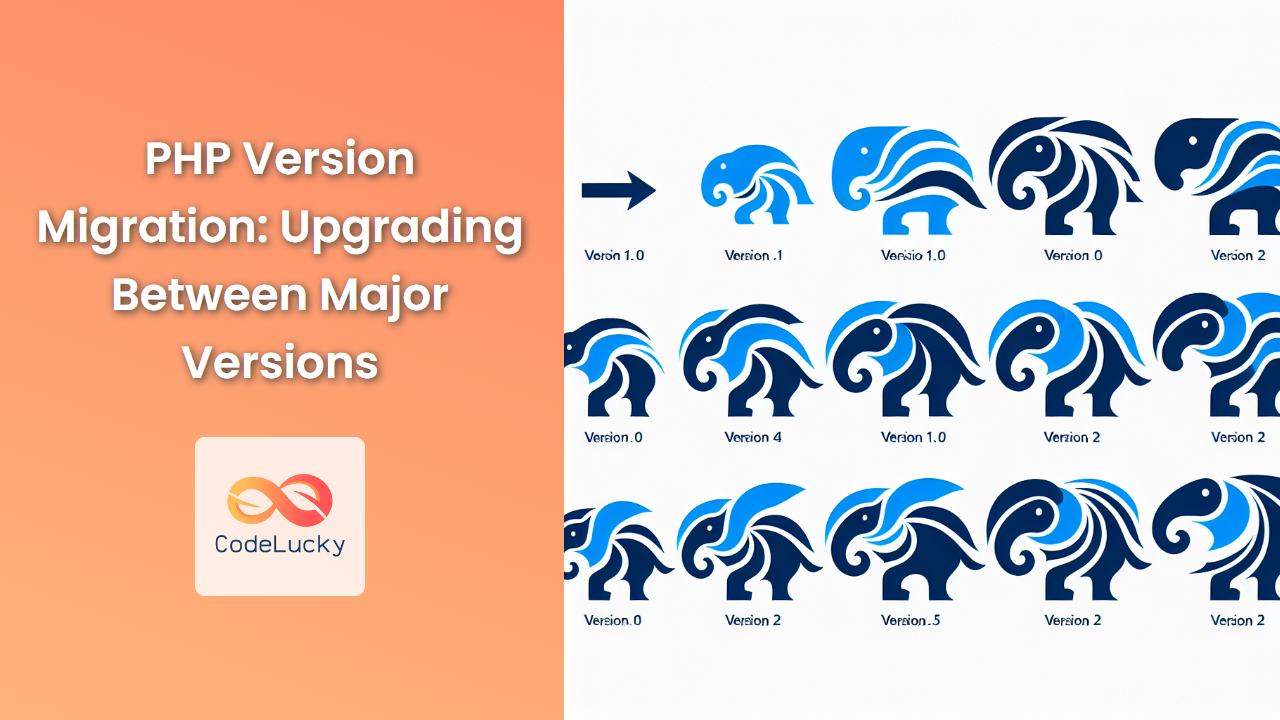PHP 8, released on November 26, 2020, brought a plethora of exciting new features and performance improvements to the language. This major update has significantly enhanced PHP’s capabilities, making it more robust, efficient, and developer-friendly. In this comprehensive guide, we’ll explore the most impactful features introduced in PHP 8, complete with practical examples and in-depth explanations.
1. Just-In-Time (JIT) Compilation 🚀
One of the most significant improvements in PHP 8 is the introduction of Just-In-Time (JIT) compilation. JIT compilation can potentially boost performance for computation-heavy applications by compiling parts of the code at runtime.
While JIT doesn’t always improve performance for typical web applications, it can be beneficial for long-running PHP scripts or applications with complex calculations.
Here’s how you can enable JIT compilation:
<?php
ini_set('opcache.jit_buffer_size', '100M');
ini_set('opcache.jit', '1255');
The JIT setting ‘1255’ enables JIT for all functions and triggers it after 55 function calls or loop iterations.
2. Named Arguments 🏷️
Named arguments allow you to pass arguments to a function based on their parameter names, making your code more readable and flexible.
<?php
function createUser(string $name, int $age, string $email) {
return "User created: $name, $age years old, email: $email";
}
// Using named arguments
echo createUser(age: 30, name: "John Doe", email: "[email protected]");
Output:
User created: John Doe, 30 years old, email: [email protected]
This feature is particularly useful when dealing with functions that have many optional parameters.
3. Union Types 🔀
Union types allow you to specify multiple possible types for a single parameter or return value.
<?php
function processInput(string|int $input): string|int {
if (is_string($input)) {
return strtoupper($input);
}
return $input * 2;
}
echo processInput("hello"); // Output: HELLO
echo processInput(5); // Output: 10
This feature enhances type safety while providing flexibility in function signatures.
4. Nullsafe Operator 🛡️
The nullsafe operator ?-> allows you to call methods or access properties on objects that might be null without causing errors.
<?php
class User {
public ?string $address = null;
public function getAddress(): ?string {
return $this->address;
}
}
$user = new User();
$streetName = $user?->getAddress()?->street;
echo $streetName ?? "No street name available";
Output:
No street name available
This operator helps prevent “Undefined property” or “Call to a member function on null” errors.
5. Match Expression 🔍
The match expression is an upgrade to the switch statement, offering more concise syntax and stricter comparison.
<?php
$status = 'success';
$message = match($status) {
'success' => 'Operation completed successfully',
'error' => 'An error occurred',
'pending' => 'Operation is pending',
default => 'Unknown status',
};
echo $message;
Output:
Operation completed successfully
Unlike switch, match uses strict comparison (===) and doesn’t require break statements.
6. Constructor Property Promotion 🏗️
This feature allows you to define and initialize class properties directly in the constructor, reducing boilerplate code.
<?php
class Point {
public function __construct(
public float $x = 0.0,
public float $y = 0.0,
public float $z = 0.0,
) {}
}
$point = new Point(1.5, 2.6);
echo "X: {$point->x}, Y: {$point->y}, Z: {$point->z}";
Output:
X: 1.5, Y: 2.6, Z: 0
This syntax automatically creates and initializes the properties, saving you from writing redundant property declarations.
7. Attributes 🏷️
Attributes, also known as annotations in other languages, allow you to add metadata to classes, methods, functions, and properties.
<?php
#[Attribute]
class Route {
public function __construct(public string $path) {}
}
#[Route("/home")]
function homepage() {
return "Welcome to the homepage!";
}
$reflection = new ReflectionFunction('homepage');
$attributes = $reflection->getAttributes();
foreach ($attributes as $attribute) {
echo "Route: " . $attribute->newInstance()->path;
}
Output:
Route: /home
Attributes can be used for various purposes, such as routing in web frameworks or defining validation rules.
8. Weak Maps 🗺️
WeakMap is a new data structure that allows creating a map of objects without preventing the garbage collection of its items.
<?php
class User {}
$weakmap = new WeakMap();
$user1 = new User();
$user2 = new User();
$weakmap[$user1] = 'Data for user 1';
$weakmap[$user2] = 'Data for user 2';
var_dump($weakmap);
unset($user2);
gc_collect_cycles();
var_dump($weakmap);
Output:
object(WeakMap)#1 (2) {
[0]=>
array(2) {
["key"]=>
object(User)#2 (0) {
}
["value"]=>
string(15) "Data for user 1"
}
[1]=>
array(2) {
["key"]=>
object(User)#3 (0) {
}
["value"]=>
string(15) "Data for user 2"
}
}
object(WeakMap)#1 (1) {
[0]=>
array(2) {
["key"]=>
object(User)#2 (0) {
}
["value"]=>
string(15) "Data for user 1"
}
}
WeakMap is useful for caching or storing temporary object metadata without causing memory leaks.
9. Mixed Type 🎭
The mixed type was introduced to indicate that a parameter or return value can be of any type.
<?php
function processAny(mixed $value): mixed {
if (is_string($value)) {
return strtoupper($value);
} elseif (is_int($value)) {
return $value * 2;
}
return $value;
}
echo processAny("hello") . "\n"; // Output: HELLO
echo processAny(5) . "\n"; // Output: 10
var_dump(processAny([1, 2, 3])); // Output: array(3) { [0]=> int(1) [1]=> int(2) [2]=> int(3) }
While mixed should be used sparingly, it can be helpful in scenarios where a function needs to handle multiple types dynamically.
10. Stringable Interface 🧵
The Stringable interface is automatically implemented by classes that define a __toString() method, improving type declarations and reducing errors.
<?php
class User implements Stringable {
public function __construct(private string $name) {}
public function __toString(): string {
return $this->name;
}
}
function greet(Stringable $subject): string {
return "Hello, $subject!";
}
$user = new User("Alice");
echo greet($user);
Output:
Hello, Alice!
This feature enhances type safety when working with objects that can be converted to strings.
Conclusion 🎉
PHP 8 has introduced a wealth of new features and improvements that make the language more powerful, expressive, and efficient. From performance enhancements like JIT compilation to syntax improvements like named arguments and the match expression, PHP 8 offers developers new tools to write cleaner, more maintainable code.
By leveraging these new features, you can create more robust and efficient PHP applications. As you continue to explore and implement these improvements in your projects, you’ll discover even more ways to enhance your PHP development workflow.
Remember, the key to mastering these new features is practice. Try incorporating them into your existing projects or start a new project to experiment with PHP 8’s capabilities. Happy coding with PHP 8! 🐘💻



















